Lebanon, June 26, 2024 — The ongoing Hamas-Israeli war in the Gaza Strip threatens to spread to Lebanon, with heightened tensions suggesting a possible full-scale conflict between Israel and Hezbollah.
Israeli Prime Minister Benjamin Netanyahu has announced plans for an all-out attack on Lebanon, aiming to suppress Hezbollah, a powerful militia backed by Iran. Netanyahu's announcement has drawn a sharp response from Hezbollah and Lebanese leaders, who have warned of severe consequences if Israel proceeds.
Hezbollah leader Hassan Nasrallah has stated that Lebanon is prepared to retaliate strongly against any Israeli aggression. In a televised speech, Nasrallah warned that attacking Lebanon would lead to Israel's destruction.
"Threats of war do not scare us," Nasrallah declared. "Hezbollah has prepared itself for the worst situation. Attacking Lebanon would wipe Israel off the map."
The situation is further complicated by the involvement of other Iranian-backed groups in the Middle East. Thousands of fighters from Lebanon, Iraq, Afghanistan, and Pakistan are poised to join Hezbollah in a potential war against Israel. Nasrallah mentioned that Hezbollah has received offers of support from numerous countries, including Iran, Iraq, Syria, and Yemen.
For now, Nasrallah has announced plans to fight against Israel with Hezbollah's 100,000 fighters and a large arsenal of rockets, missiles, and drones. He noted that currently, only a portion of Hezbollah's capabilities are being utilized, mainly for missile and drone operations.
Political analysts in the Middle East believe that if Israel does not de-escalate the conflict, it could lead to a full-scale war. Hezbollah's continuous attacks on Israeli targets since the start of Israel's offensive in Gaza have already led to almost daily exchanges of fire along the Israel-Lebanon border.
Experts point out that much of today's warfare relies on advanced technology, such as missile and drone strikes, rather than large numbers of ground troops. Hezbollah's capability to launch significant missile attacks on key Israeli sites, including the Dimona nuclear reactor and Ben Gurion International Airport, underscores the potential severity of a full-scale conflict.
The last major conflict between Israel and Hezbollah occurred in 2006, resulting in significant damage and casualties on both sides. Analysts warn that a renewed war could be even more devastating.
Hizbollah expert Qasim Qasir mentioned that while high-tech warfare may reduce the need for large numbers of fighters, sustained conflict could necessitate external support. Hezbollah's deputy leader, Naim Kassem, has indicated that foreign fighters joining the conflict would be a positive development, significantly enhancing their combat capabilities.
As tensions escalate, the international community remains watchful, hoping to prevent a full-scale war that could destabilize the entire Middle East. The potential for a broader conflict involving regional and global powers poses significant risks to global stability and security.



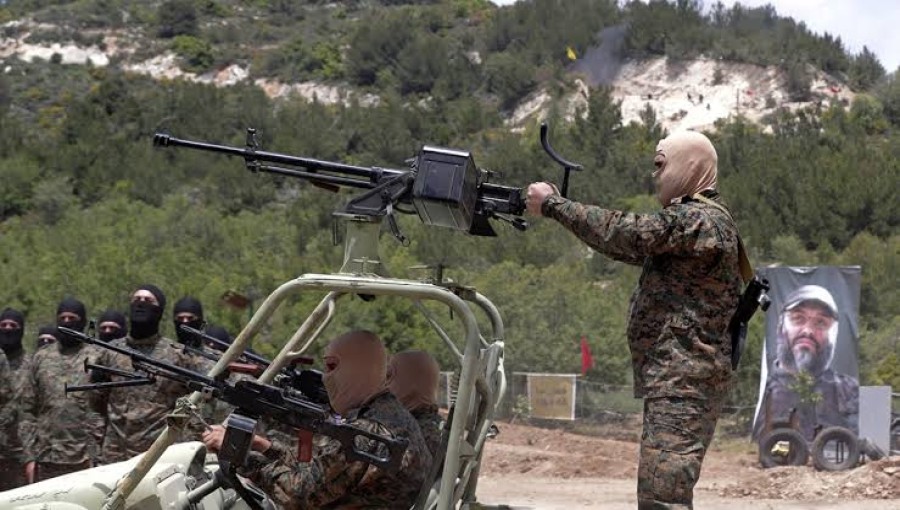


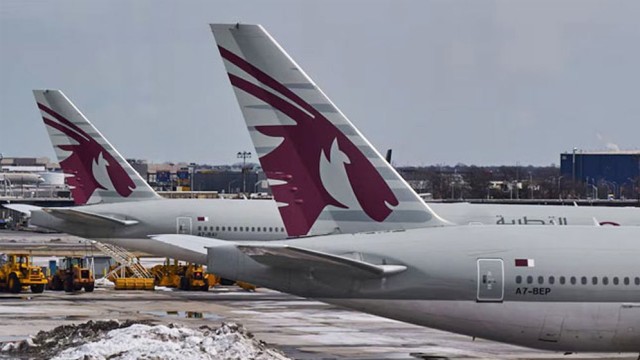
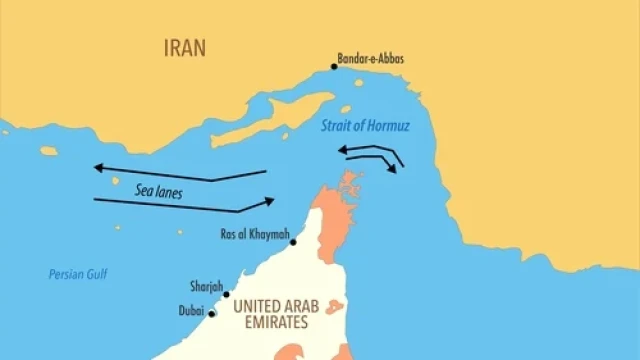

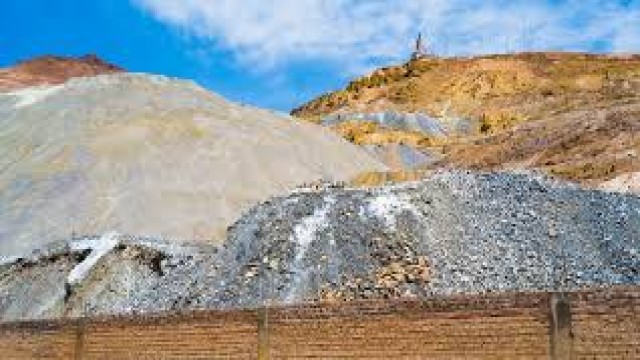









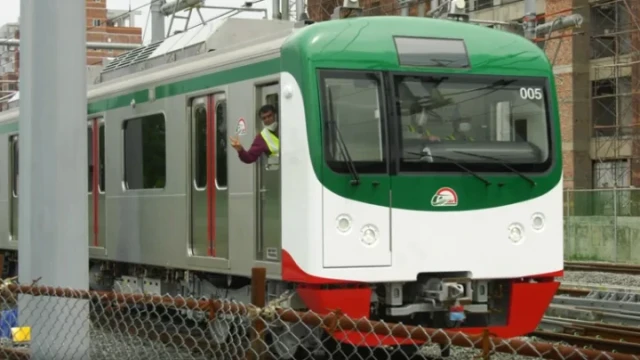











Comment: